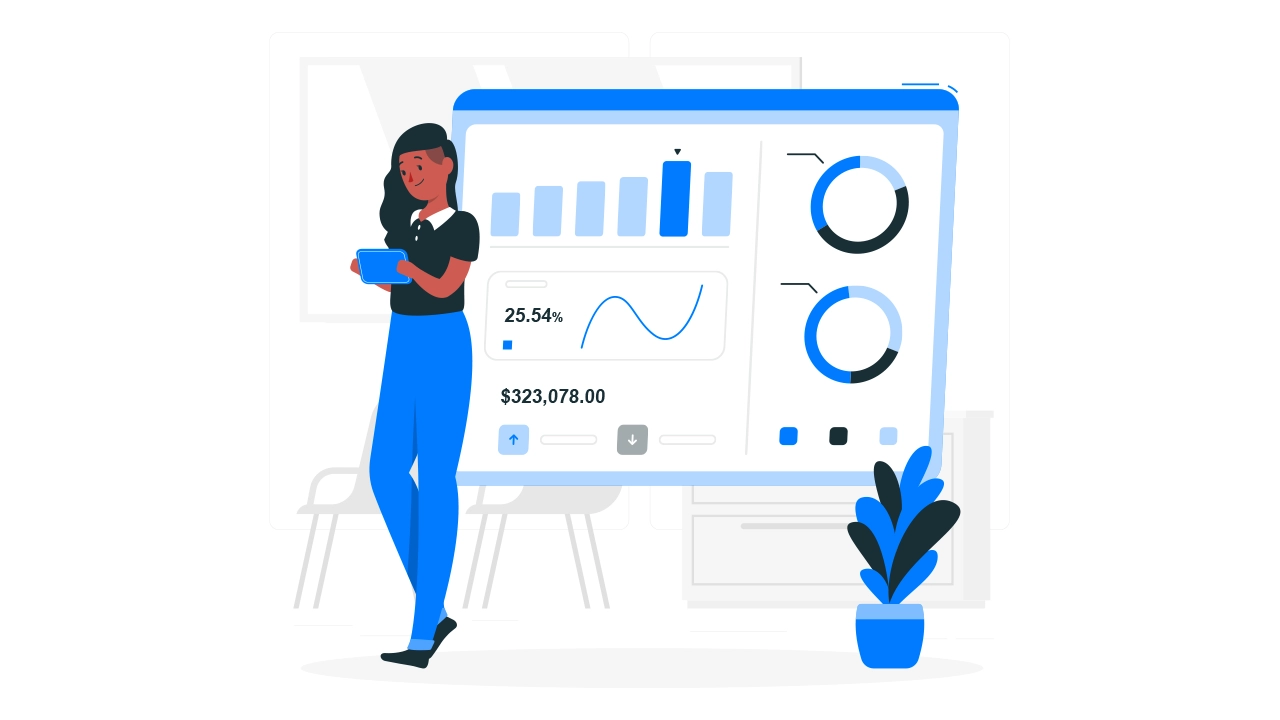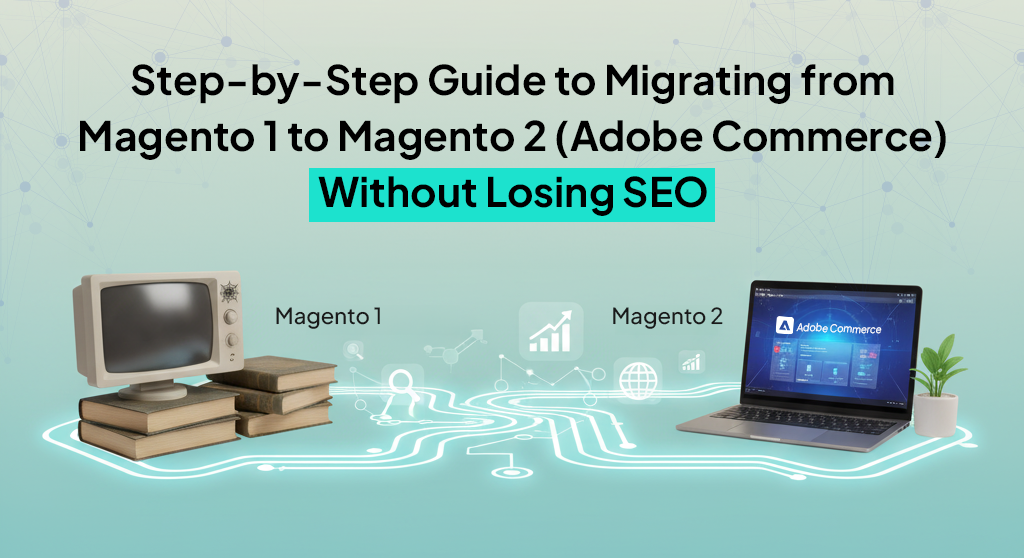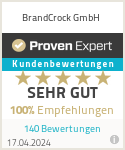Setting up an online shop is a critical step for businesses seeking to tap into the digital market. Shopware is a powerful and flexible e-commerce platform, offering multiple versions and features to suit businesses of varying sizes and needs. However, the cost of building a complete Shopware shop can vary significantly depending on the functionalities and customization required.
In this article, we will provide a detailed breakdown of the costs involved in setting up a Shopware shop based on our experience at BrandCrock. We’ll explore the different factors affecting the cost, the available packages, and what businesses should consider when choosing the right Shopware solution for their needs.
Factors That Influence the Cost of a Shopware Shop
When clients approach us with the question, “How much does a complete Shopware shop cost?” the answer isn’t straightforward. The price largely depends on the features, design preferences, and additional plugins required. However, based on the experience of our Shopware developers, we can provide a cost estimate using the following factors:
- Type of Shopware License
- Premium Plugins and Additional Features
- Third-Party Plugin Costs
- Shopware Installation and Setup
- Theme and Design Customization
- Page Templates for the Shopware Shop
Each of these factors plays a role in determining the final cost of the project. Let’s break them down one by one.
1. The License Type of the Shopware Version
Shopware offers three main versions of its software, each designed to meet different business needs:
- Shopware Rise: This version is ideal for businesses looking to establish a strong online presence with essential e-commerce features. It provides a solid foundation for businesses to grow their digital commerce without overwhelming them with advanced functionalities.
- Shopware Evolve: A more feature-rich version designed for mid-sized businesses, Evolve provides enhanced flexibility with added tools for better SEO, marketing, and sales automation, making it suitable for companies with more complex operational needs.
- Shopware Beyond: The most comprehensive package, Beyond is designed for large enterprises that require advanced customization, scalability, and full-fledged e-commerce solutions. It includes all premium features and provides maximum flexibility for highly specialized or high-volume online stores.
The cost of these licenses varies, with Shopware Rise being the most affordable and Shopware Beyond being the most expensive. The version you choose will be one of the primary factors influencing the overall cost of your Shopware shop.
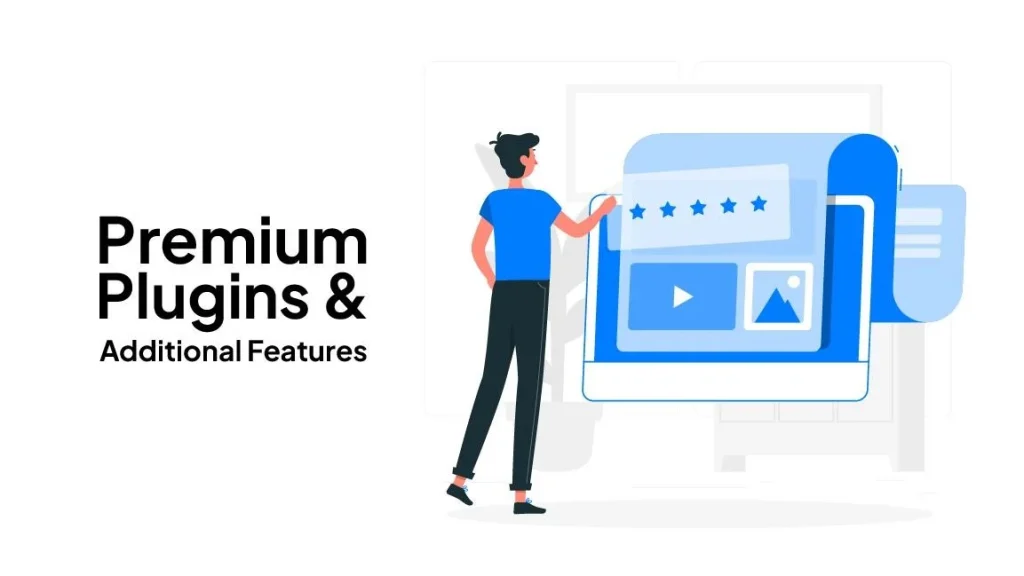
2. Premium Plugins & Additional Features
Shopware’s flexibility comes from its extensive ecosystem of plugins and add-ons, which allow businesses to expand the functionality of their online store. Some plugins are free, while others come at a cost—either as a one-time purchase or through subscription models.
For example, plugins that enhance your SEO, improve customer relationship management (CRM), integrate third-party services, or add payment gateways can add substantial value to your store. Depending on the number of plugins and their complexity, this can significantly increase the total cost of the Shopware shop.
3. Cost of Third-Party Plugins
In addition to Shopware’s own premium plugins, many businesses may require third-party plugins to extend the functionality of their store. These plugins can enhance a variety of features, such as customer relationship management (CRM), enterprise resource planning (ERP), inventory management, and more.
The cost of third-party plugins varies, with some being relatively inexpensive, while others—particularly those with complex functionalities—may be pricier. Businesses should carefully evaluate which third-party plugins are essential to their operations and factor their cost into the total budget.
4. Shopware Setup Installation and Configuration
Installing and configuring a Shopware shop is a complex task that requires technical expertise. At BrandCrock, our Shopware experts ensure that the system is properly installed and configured according to the client’s requirements. The configuration includes setting up the database, optimizing performance, and ensuring that the backend is properly organized for smooth operations.
The cost of installation and configuration depends on the complexity of the shop. For a basic setup with minimal customizations, the cost will be lower. However, if the store requires significant customization and additional configuration, this will increase the overall cost.
5. Theme and Design Customization
One of the most important aspects of an e-commerce store is its design. A visually appealing, user-friendly design can significantly improve customer experience and increase conversions.
Shopware allows for both pre-made themes and custom-designed themes. Businesses can choose from a variety of pre-built themes, many of which are available for purchase. However, for businesses that want to stand out or have specific branding requirements, custom theme development is often necessary.
Custom theme development involves more design and development time, which will raise the cost of the project. Moreover, if businesses want unique, tailored designs for different pages—such as product pages, category pages, and checkout pages—this will further increase the design costs.
6. Page Templates for the Shopware Shop
Page templates determine how each page on the Shopware site is structured. Customizing these templates can enhance the overall functionality and appearance of the store. Many businesses opt for custom page templates to create a unique user experience that reflects their brand.
Custom templates can be created for the homepage, product category pages, product detail pages, checkout, and more. The more templates that need to be created and customized, the higher the development cost will be.
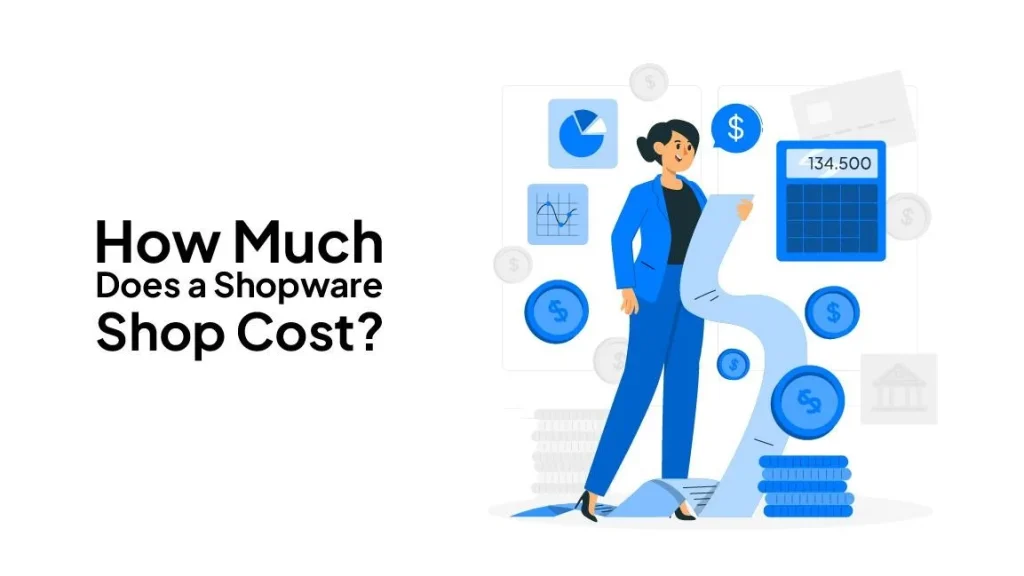
Shopware Packages and Cost Estimates
To provide a clearer picture of what businesses can expect in terms of cost, we’ve developed four different Shopware packages at BrandCrock, each tailored to different levels of complexity and customization.
Option 1: Shopware Rise Entry Shop Package (€2,000 to €2,500)
This package is ideal for small businesses that are just starting out. It includes:
- Shopware Rise License (with core features)
- Default theme with basic company identity (CI) customization
- Free plugins from the Shopware marketplace
- Basic installation and configuration of the store
This setup can be completed in approximately 80 to 100 hours. It provides a cost-effective solution for businesses that need a simple, functional online store to get started.
Option 2: Shopware Evolve Basic Shop Package (€3,500 to €4,500)
The Evolve Basic Shop Package is suitable for businesses that require more customization and flexibility. It includes:
- Shopware Evolve License (with advanced features)
- A purchased theme with company identity (CI) settings
- Custom configuration of the article list page
- Free plugins, plus two premium plugins from the Shopware marketplace
- Full shop setup and configuration
This package requires 160 to 200 hours of development time and offers a more tailored solution for businesses with greater customization needs.
Option 3: Shopware Evolve Advanced Shop Package (€6,000 to €7,500)
For businesses that need custom design and more advanced features, the Evolve Advanced package is a great option. It includes:
- Shopware Evolve License
- Custom theme design based on the client’s preferences
- Creation of custom page templates (home, category, product, checkout, etc.)
- Custom theme development and integration
- Inclusion of additional premium plugins as needed
Designing and implementing this package typically takes between 200 and 300 hours, depending on the scope of customization and design work.
Option 4: Shopware Beyond Premium Shop Package (€12,000 to €15,000)
The Beyond Premium package is designed for large businesses or enterprises with highly complex needs. It includes:
- Shopware Beyond License (with all premium features and plugins)
- Custom theme design and development
- Custom page templates for all key pages
- Installation and configuration of premium plugins and third-party integrations
This package requires between 400 and 500 hours of development time, making it the most comprehensive solution for businesses with complex e-commerce requirements.
Additional Costs for Customization
While the packages above provide a good estimate of what a Shopware shop might cost, businesses should also be aware of potential additional expenses. These may include:
- Custom Plugin Development: If the available plugins in the marketplace don’t fully meet your needs, custom plugin development may be necessary. This can significantly increase the project cost, as it involves building bespoke functionality from scratch.
- Ongoing Maintenance and Updates: Keeping your Shopware store up to date with the latest security patches and features is essential. Businesses should budget for ongoing maintenance, updates, and potential bug fixes.
- Third-Party Integrations: Many businesses need to integrate their Shopware store with other systems such as CRM, ERP, or payment gateways. These integrations can involve additional development time and costs.
Wrapping Up
The cost of building a complete Shopware shop varies significantly depending on the features, design, and customization required. At BrandCrock, we offer a range of Shopware packages designed to meet the needs of different businesses, from small startups to large enterprises.
By considering the factors outlined above—such as the type of license, plugins, design customization, and additional integrations—businesses can make an informed decision about which Shopware package is the best fit for their needs and budget.
For a more detailed breakdown of our pricing and Shopware packages, feel free to contact us for a personalized consultation. Whether you’re starting small or looking for a comprehensive e-commerce solution, BrandCrock is here to help you every step of the way.

